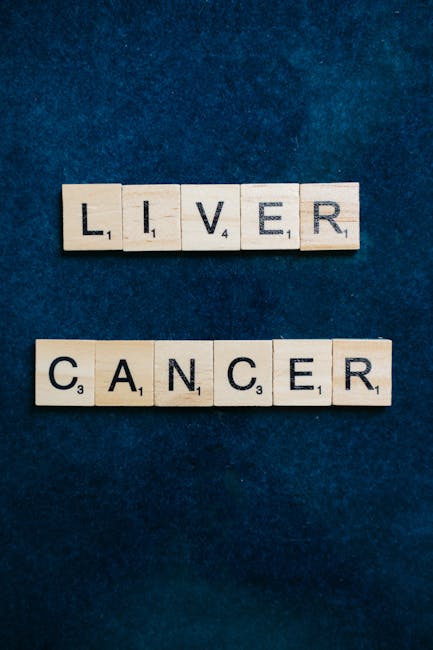Liver Health: Common Misconceptions
The liver is one of the most vital organs in the human body, performing over 500 essential functions, from detoxifying harmful substances to producing proteins that aid in blood clotting. Despite its crucial role, there are numerous misconceptions surrounding liver health. In this blog post, we will debunk some of these myths and provide you with actionable tips to maintain a healthy liver.
Understanding the Liver’s Role in the Body
Before diving into the misconceptions, it is important to understand what the liver does. The liver is the largest internal organ and is responsible for:
- Detoxification: Clearing toxins from the blood.
- Metabolism: Breaking down nutrients to produce energy.
- Protein synthesis: Producing essential proteins for bodily functions.
- Storage: Storing vitamins and minerals.
Given its myriad functions, maintaining liver health is crucial for overall well-being.
Common Misconceptions About Liver Health
Misconception 1: Liver Disease Only Affects Heavy Drinkers
While excessive alcohol consumption is a well-known risk factor for liver disease, it’s not the only one. Non-alcoholic fatty liver disease (NAFLD) is increasingly common and affects about 25% of the global population. NAFLD is often associated with obesity, type 2 diabetes, and high cholesterol, making it a concern for a broader demographic.
Misconception 2: Liver Detox Diets Are Necessary
The idea of detoxifying the liver through special diets or supplements is popular, but largely unfounded. The liver itself is a natural detoxifier, and there is little scientific evidence supporting the need for liver detox diets. Instead, a balanced diet rich in fruits, vegetables, whole grains, and lean proteins is more beneficial.
Misconception 3: Liver Damage Is Always Symptomatic
Many people believe that liver damage will always present clear symptoms, but this is not true. Liver disease is often called a “silent disease” because symptoms may not appear until the liver is severely damaged. Regular check-ups and liver function tests are essential for early detection.
Actionable Tips for Maintaining Liver Health
Adopt a Balanced Diet
Consuming a diet that is rich in fiber and low in sugar and saturated fats can significantly reduce the risk of liver disease. Incorporate leafy greens, berries, nuts, and olive oil to support liver function.
Exercise Regularly
Physical activity helps reduce liver fat and improve liver health. Aim for at least 150 minutes of moderate exercise per week, such as brisk walking, swimming, or cycling.
Avoid Toxins
Minimize exposure to toxins by using natural cleaning products, wearing protective gear when handling chemicals, and avoiding smoking. These steps can prevent unnecessary liver strain.
Limit Alcohol Consumption
While moderate alcohol consumption may be safe for some individuals, excessive drinking is a major risk factor for liver damage. It is recommended to limit alcohol intake to one drink per day for women and two for men.
Get Vaccinated
Vaccinations for hepatitis A and B can prevent liver infections. If you are at risk, consult with your healthcare provider about getting vaccinated.
Conclusion
Understanding the truth about liver health and recognizing common misconceptions can empower you to make informed decisions about your well-being. By adopting a healthy lifestyle, undergoing regular medical check-ups, and staying informed, you can support your liver’s vital functions and ensure long-term health.
Remember, your liver works tirelessly to keep you healthy. Show it some love by implementing these actionable tips and debunking the myths that may hinder your health journey.
Share this content:
About The Author
Discover more from J and J Fitness
Subscribe to get the latest posts sent to your email.





